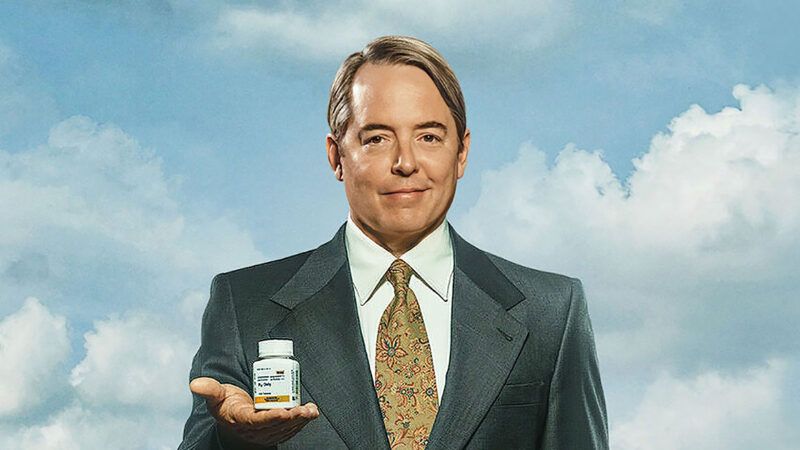Review: Painkiller Falls for Drug War Misconceptions
The series foregrounds cases of OxyContin addiction, despite their rarity.

Barry Meier, whose book about OxyContin inspired the Netflix drama Painkiller, acknowledges that the drug is "valuable for treating severe pain caused by cancer or chronic health issues." The problem, he says, was that OxyContin's manufacturer, Purdue Pharma, "could only make billions from it by lying, by saying it was good for everyday, common pain."
Netflix's six-part miniseries highlights that second point, vividly portraying Purdue Pharma's reckless marketing of OxyContin. But it dismisses the caveat: that there are legitimate medical uses for this drug and other prescription opioids, which can make life bearable for patients who otherwise would suffer from excruciating pain.
Like the 2021 Hulu series Dopesick, Painkiller embraces an indiscriminate aversion to opioids. That attitude has inspired ham-handed restrictions on pain medication, which have helped drive drug-related deaths to record levels while leaving millions of patients to suffer needlessly.
The episodes are introduced by grieving parents who tell true stories about deadly addictions, some of which involve patients who received OxyContin prescriptions. But such dire outcomes are far from typical. A 2016 New England Journal of Medicine research review found that among patients who use opioids for chronic pain, "rates of carefully diagnosed addiction" averaged less than 8 percent. The authors concluded that "addiction occurs in only a small percentage of persons who are exposed to opioids—even among those with preexisting vulnerabilities." In 2021, a California judge similarly found that the evidence indicates an addiction rate "less than 5%."
Painkiller aims to stoke outrage at clueless doctors who carelessly prescribed OxyContin based on Purdue's hype. Yet the misconceptions the series reinforces have resulted in a different sort of outrage, reflected in the headline above a 2023 New York Times video: "They Live in Constant Pain, but Their Doctors Won't Help Them."


Show Comments (6)